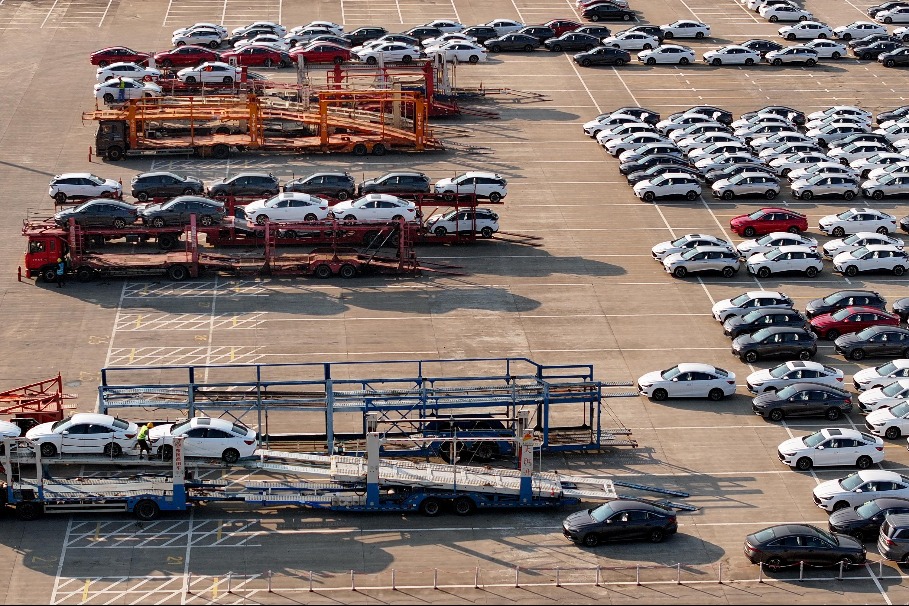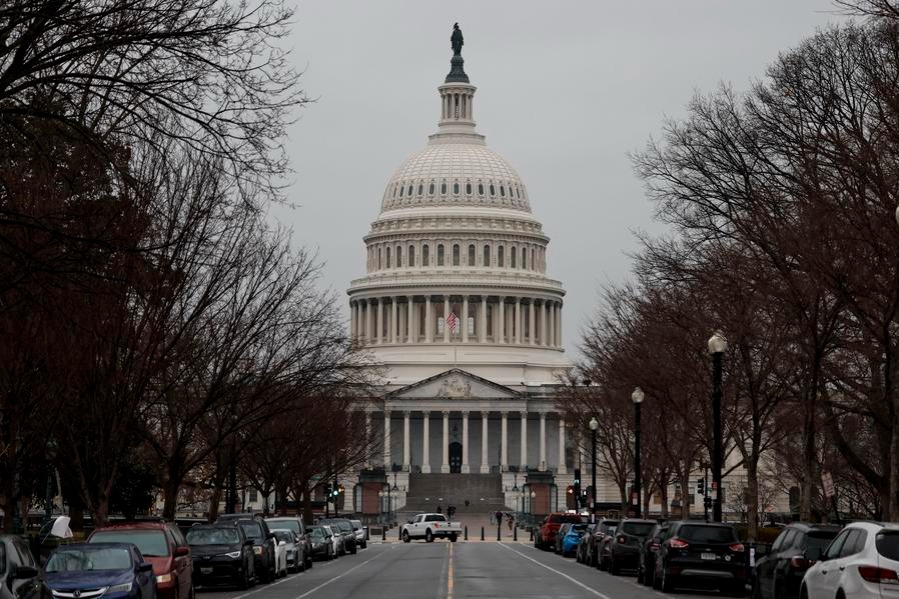HK pearl of Greater Bay Area


Integration with the Guangdong-Hong Kong-Macao Greater Bay Area has been a top priority of the Hong Kong Special Administrative Region's government ever since the signing of the framework agreement for deepening cooperation between Guangdong province, and the Macao and Hong Kong SARs in July 2017.
True, the Hong Kong SAR government is pulling out all the stops to increase the city's attractiveness. But, apart from coping with daily pressures, the government ought to sit back and think strategically about what the GBA integration means to Hong Kong. It needs to think hard especially about three questions: How will the GBA integration transform Hong Kong? What challenges and opportunities the GBA integration brings? How can the government maximize the benefits of the GBA integration?
The GBA integration will have a long-term, transformational effect on Hong Kong. Under the government's "Northern Metropolis" development plan, three more railways will be built to connect Hong Kong's northern districts to the mainland. After the construction of the railways is completed, many among the estimated 2.5 million residents in the "Northern Metropolis" will find it more convenient to travel to the mainland than to the Hong Kong Island. As the GBA cities on the mainland become increasingly sophisticated, more Hong Kong residents might wish to move or live there, and commute to Hong Kong on a daily basis.
While some people may be worried about the "hollowing out" of Hong Kong, the migration of Hong Kong residents to the mainland is not a bad thing. For a long time, Hong Kong residents have been stuck in congested and expensive apartments because they are boxed in by Hong Kong's artificial boundary, and are unable to take advantage of better housing conditions in nearby suburbs. The improvement of transport links, coupled with better medical and schooling facilities in nearby GBA cities, would enable more Hong Kong residents to live comfortably in mainland cities just across the boundary.
Such pivoting to the GBA would require a radical rethink on the part of the SAR government of its population policy, and urban and social welfare planning. The private sector will also need to adjust its development plans to adapt to the new trends of living and spending.
With a population of 86 million and combined GDP of $2 trillion, there is high hope that the GBA will become the world's most dynamic region. Given the barriers to the free movement of goods, services, people, capital and data because of Hong Kong's status as a separate customs and immigration area under "one country, two systems", Hong Kong needs to work out how to overcome these constraints to take advantage of the abundant resources of the mainland GBA cities. The process has not been easy, but the SAR government appears to have found ways to work around these constraints to achieve win-win solutions.
The key to unlocking the potential of the region lies in working out ways to complement Hong Kong and the mainland GBA cities in their development strategies. For example, Hong Kong lacks land to build residential care homes for the elderly. As such, Hong Kong as well as the GBA cities on the mainland stand to benefit by enabling more elderly people from Hong Kong to retire in any of the mainland GBA cities.
To enable more elderly people living on social security payments to retire in Guangdong or Fujian, the government relaxed the Hong Kong-residential period required under the Guangdong and Fujian retirement plans. The government has taken a further step forward by adding residential care homes jointly operated by Hong Kong and mainland service providers in Guangdong to serve as "recognized service providers" under the "Residential Care Services Scheme in Guangdong".
Two more such homes, in Foshan and Shenzhen, have been added this month, bringing the total number of such homes to four. And the government is planning to bring residential care homes operated solely by mainland service providers under this program.
The SAR government also lacks land to provide residential quarters for retired junior members of the discipline services and other civil servants. As more junior civil servants are prepared to retire in nearby GBA cities, the government should explore the possibility of buying land or readily available housing units in mainland GBA cities to provide homes for those willing to shift to the mainland after retirement.
To relieve our acute labor shortage in many occupations, the government has relaxed labor import program to enable the Airport Authority Hong Kong, transport operators and the construction industries to invite workers from the mainland. The mainland GBA cities can help Hong Kong build innovation and technology hubs in the "Northern Metropolis" by sending us their tech talents, engineers, and tech enterprises which want to use Hong Kong as a launch pad for their international operations. These tech entrepreneurs can draw on the deep pool of research in medical and life sciences and other disciplines in Hong Kong's top universities to enhance their competitiveness.
In return, Hong Kong can help the mainland GBA cities further develop their service economies, especially in financial, business and other professional sectors. The Shenzhen government reported in January that the city's "social and consumption expenditure" grew by 7.8 percent and topped 1 trillion yuan ($138.40 billion) in 2023, with Fang Zhou, a leading scholar, saying Hong Kong consumers made healthy contributions to that growth.
Let Hong Kong, Shenzhen and other GBA cities grow together, complementing each other, helping each other to address their respective shortfalls and weaknesses. With their combined strengths, the GBA stands a good chance of becoming the nation's dynamo for growth.
The author is convener of the Executive Council and a legislator. The views do not necessarily reflect those of China Daily.
If you have a specific expertise, or would like to share your thought about our stories, then send us your writings at opinion@chinadaily.com.cn, and comment@chinadaily.com.cn.


































